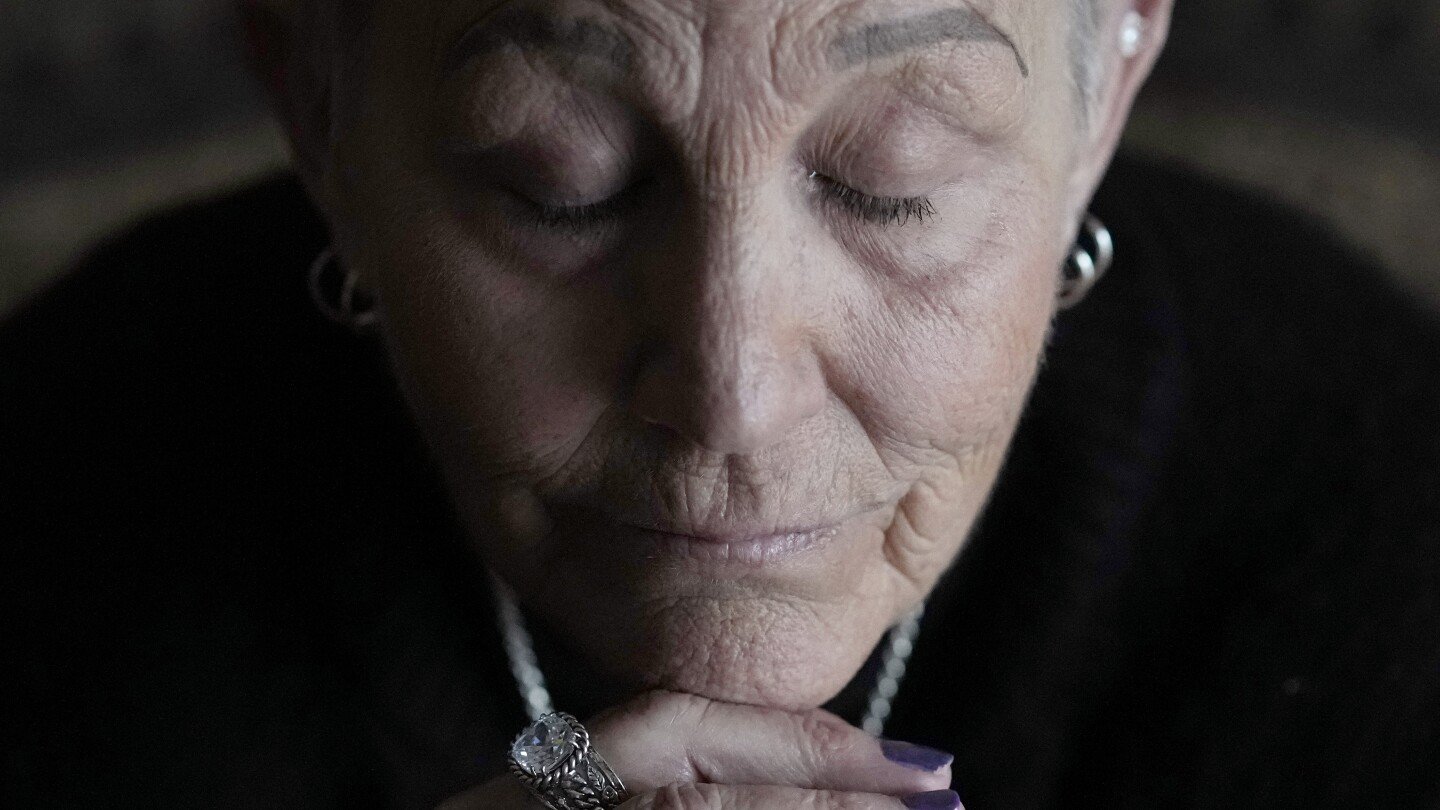On a brisk day at a restaurant outside Chicago, Deb Robertson sat with her teenage grandson to talk about her death.
She’ll probably miss his high school graduation. She declined the extended warranty on her car. Sometimes she wonders who will be at her funeral.
Those things don’t frighten her much. The 65-year-old didn’t cry when she learned two months ago that the cancerous tumors in her liver were spreading, portending a tormented death.
But later, she received a call. A bill moving through the Illinois Legislature to allow certain terminally ill patients to end their own lives with a doctor’s help had made progress.
Then she cried.
“Medical-aid in dying is not me choosing to die,” she says she told her 17-year-old grandson. “I am going to die. But it is my way of having a little bit more control over what it looks like in the end.”
That same conversation is happening beside hospital beds and around dinner tables across the country, as Americans who are nearing life’s end negotiate the terms with themselves, their families and, now, state lawmakers.



Eh, I used to be all in favor of Right To Death laws, but when Canada passed theirs they started pushing the disabled and impoverished onto it, not just the terminally ill. Which is basically ethnic cleansing.
So while I understand the Slippery Slope argument is not a good one, I’m going to need to see some common sense restrictions before I could support this as fervently as I did before
What the hell are you talking about?
https://www.theguardian.com/world/2022/may/11/canada-cases-right-to-die-laws
This is the only thing I can think they might be talking about?
deleted by creator
That is what I’m talking about, they also made a commercial advocating suicide that was quietly pulled from YouTube when it pissed everyone off.
Both cases were people with MCR. You are simplifying things. The article makes things more clear.
Both? There were more than two cases, and for one of them they were just hard of hearing, hardly a reason to die.
It’s a common problem in Canada, people being forced onto the death list because they’re poor and the hospitals wanna “Free up some beds”